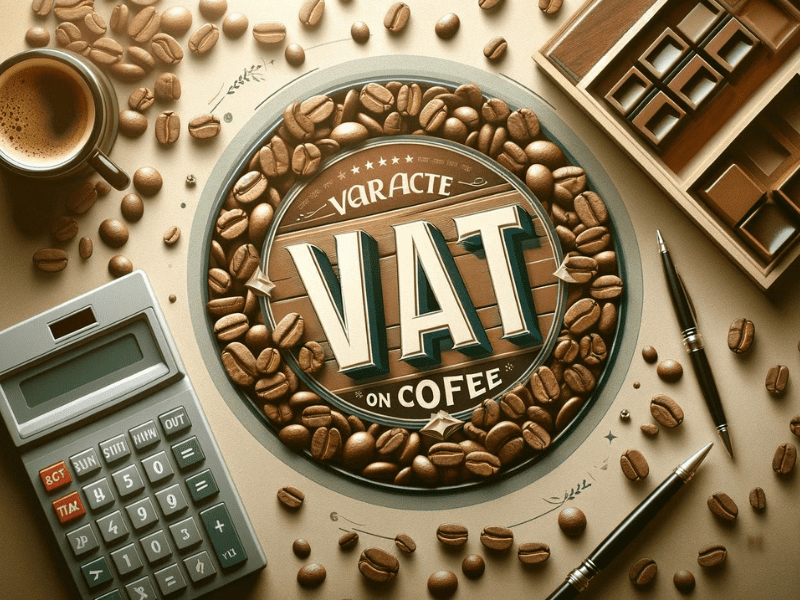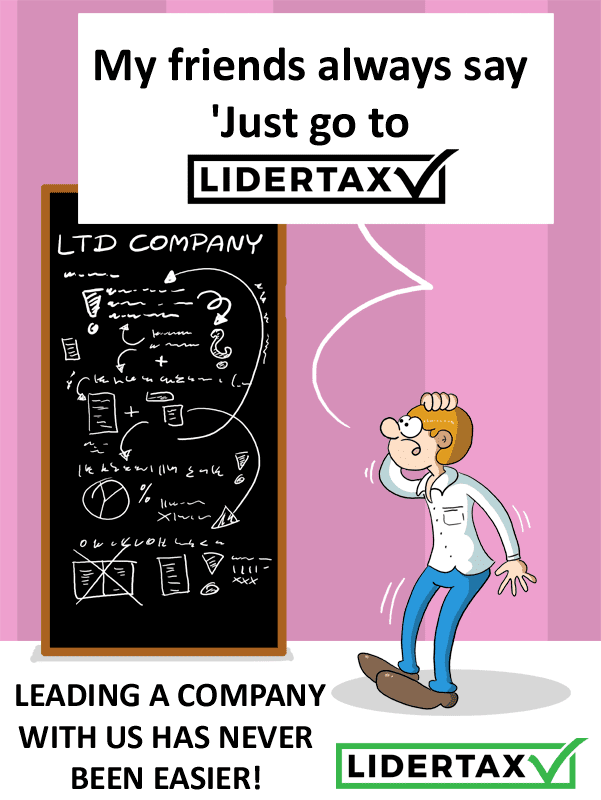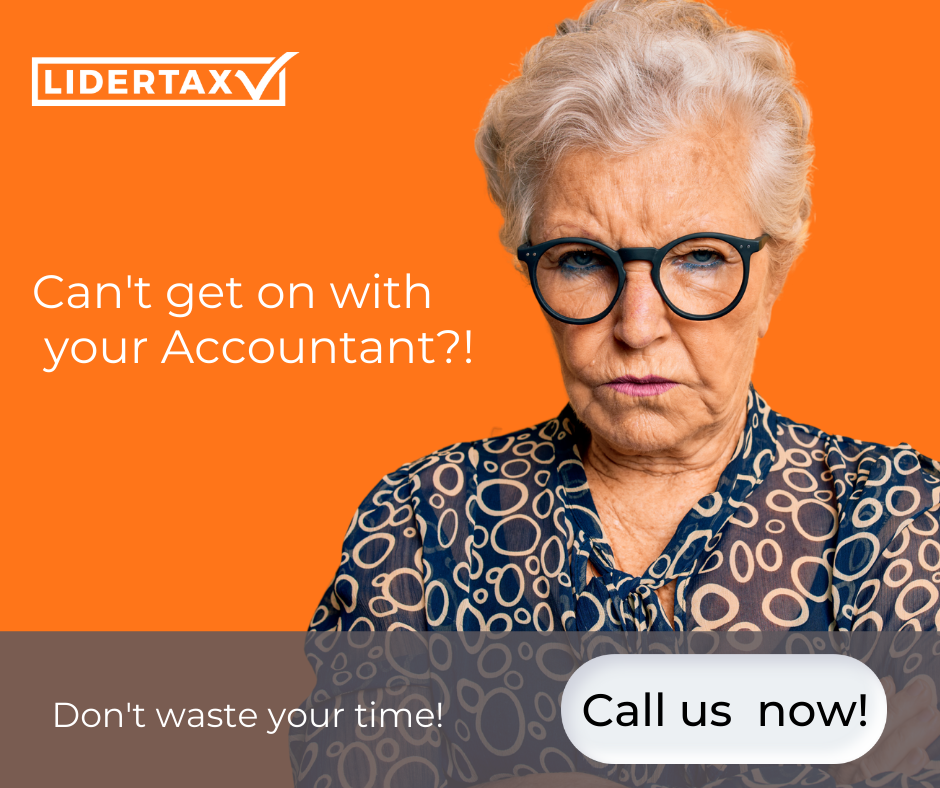
Have you ever wondered about how VAT on coffee works? Many of us rely on our morning cup of coffee to get us through the day. But how is coffee charged VAT? Well, we’ve outlined some of the main things you need to know about VAT charges on coffee to help.
Is VAT Charged on Coffee?
First of all, we need to look at whether coffee is charged VAT. Well, this is a little tricky to answer, since it will depend on the type of coffee in question. Still, there are a few general rules to keep in mind.
When sold as an ingredient, coffee is classed as food for the purposes of value added tax. As such, instant coffee, coffee grounds, coffee beans, and even coffee flavourings are zero-rated. In other words, customers do not pay value added tax when purchasing these products in a store.
However, that doesn’t necessarily mean that all coffee is zero-rated. In fact, there are several exceptions that can make it a little tricky to understand when value added tax / VAT is applied.
Which Types of Coffee are Not Zero-Rated?
Generally speaking, coffee ingredients, such as beans or grounds, are zero-rated. However, if you purchase a coffee drink, this will usually (although not necessarily always) be charged VAT. If you drink the coffee drink in a catering premises, value added tax will be charged.
Cafes, restaurants, and the like have to charge value added tax on cups of coffee if they are value added tax registered. Similarly, if you purchase iced coffee to drink on the premises, this will also be charged VAT. This can be confusing in some cases since iced coffee is not charged VAT if taken any to drink later.
Furthermore, coffee liquers and coffee with added alcohol are also charged VAT. For example, Irish coffee will always be charged value added tax, even if you buy it to drink somewhere else. As such, while “regular” coffee has exceptions to value added tax, coffee liqueurs will always be charged.
When Businesses are Not VAT Registered
While coffee drinks served up in cafes and restaurants will usually be charged VAT, not all businesses are VAT registered. As such, for customers who buy coffee from a business that’s not VAT-registered, customers won’t pay VAT directly.
Final Thoughts
If you’ve been looking to understand more about how VAT is charged on coffee, today’s guide will hopefully have helped. Indeed, while coffee as an ingredient is technically zero-rated, it’s worth noting that some types of coffee can actually have Value Added Tax applied.
Furthermore, how you have purchased or sold the coffee may also impact whether value added tax is charged; for example, coffee grounds and coffee beans are free from value added tax. However, a cup of coffee served up in a coffee shop will be charged the regular rate of value added tax.
If you have any further questions about how Value Added Tax is applied to coffee, don’t hesitate to contact us! As one of the leading teams of professional accountants in Medway, we can help. So, whatever VAT-related questions you might have, we’ll be here to help.




